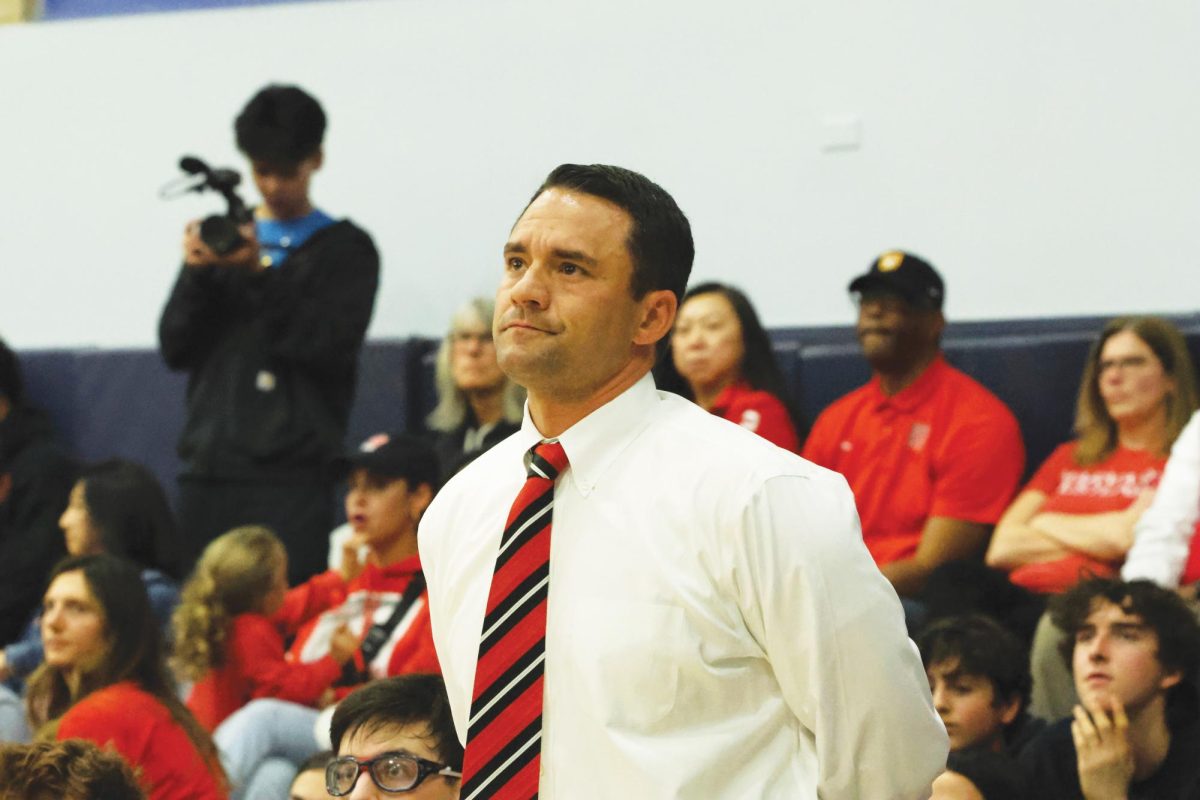By Sam Adams
Science teacher Wendy Van Norden was sitting in a vast, silent auditorium at Clemson University when she saw something familiar. Among the thousands of Advanced Placement Environmental Science tests that she would grade over the course of a week, eight hours a day in the South Carolina room, was an essay that was unmistakably the work of one of her own students.
The essay prompted students to write about an endangered species, and the student had chosen to write on an obscure California animal Van Norden recognized from a report she had assigned back in North Hollywood. The essay hit all the requisite points, and Van Norden was glad to give it a perfect 10.
For many teachers of AP classes, their annual work with the exam is done after the final test has been unwrapped, bubbled in, scribbled upon and dutifully resealed in Chalmers lounge in late May. But for some, like Van Norden, the next stage begins weeks later, when they are shipped out to a central location to begin the grueling task of plowing through the tens of thousands of tests and giving them a grade.
Math teacher William Thill has graded AP Statistics tests three times now, and testifies to how grueling the process can be.
“By about day six or day seven, youâre over it,” he said of the nine-hour workdays.
To maintain consistency during the evaluation process, strict guidelines are set for the teachers. Headphones are banned. Food and drinks arenât allowed except for water. Talking is prohibited, but one can get away with a slight whisper, Thill said.
Graders are given one problem alone to evaluate, devoting a great amount of time to learning the intricacies and grading standards for that one problem after going through dozens of sample essays. A rubric is then created for the problem.
The teachers are paid for their services, but the approximately $1,500 is not the only draw for them to keep coming back.
“[The College Board] pays pretty well for one week of work,” computer science teacher Jacob Hazard conceded, but he sees his side gig as providing him with some extra job security as well.
“H-W administrators see that Iâm grading AP exams; thatâs got to be at least somewhat impressive,” he said.
All three teachers see the grading convocations as a great chance to network with some of their peers from around the world. But itâs not all work at these sessions. Graders can also find dark humor in their work.
“You canât believe how bad some of these essays are,” Van Norden said.
She found some of the answers she comes across “horrifying, funny in a very sad way.”
Some essays are apologies for not knowing the material, indictments of lazy teachers who didnât effectively prepare them, or sob stories of relationship troubles that led to their poor performances.
“When a poor student is sitting in an exam and theyâre trying to figure out what to write, sometimes what gets put on the pageâsome things are lost in translation, and when we read it we have to chuckle,” Thill said.
But itâs the moments like Van Nordenâs encounter of a well-written essay, especially one by her own student, that makes it worthwhile to fly across the country to sit in a dead-silent room for a week, reading the same question over and over.





































